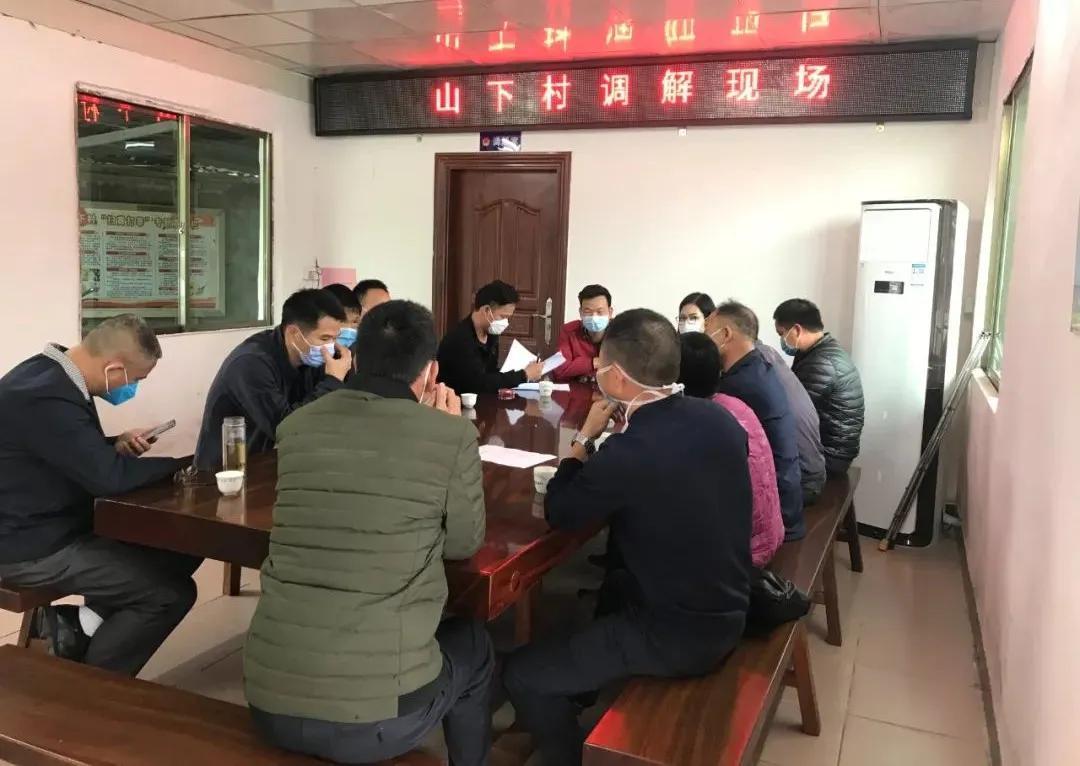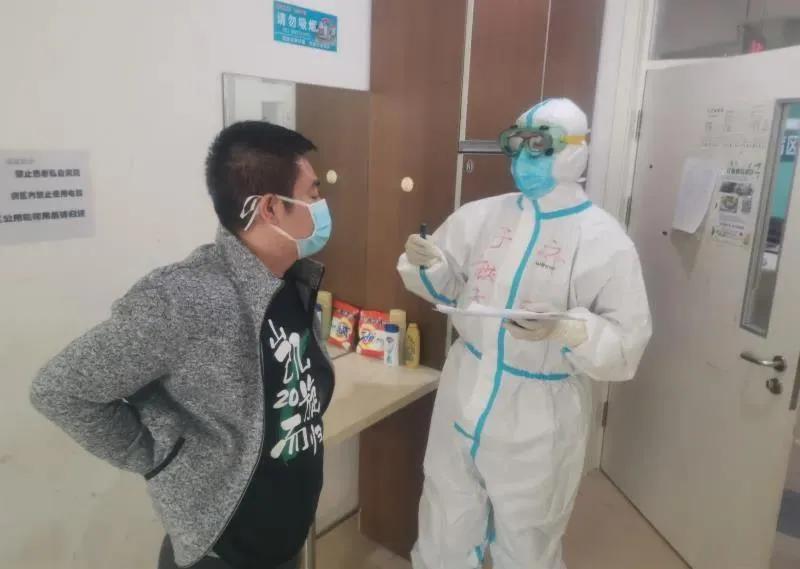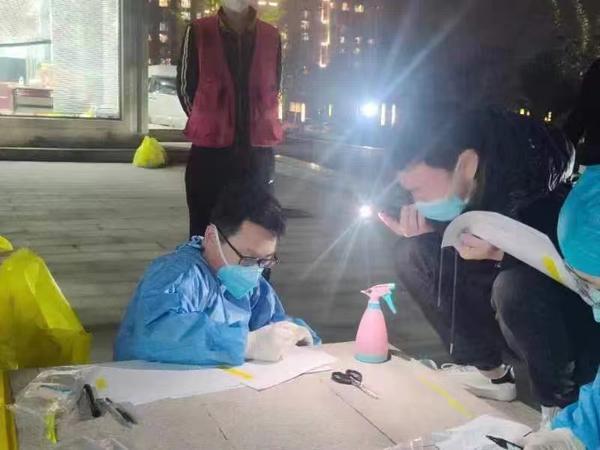在2020年初,当世界还沉浸在辞旧迎新的喜悦中时,一场突如其来的全球公共卫生危机——新冠疫情(COVID-19)如同一场没有硝烟的战争,悄然蔓延至全球每一个角落,这场疫情不仅深刻改变了人们的生活方式、工作模式,也考验着国际社会的团结与协作,成为了近现代史上一个不可磨灭的印记。
病毒的全球扩散
The novel coronavirus, later named SARS-CoV-2, first emerged in Wuhan, China, in late 2019. Its rapid spread across borders, fueled by international travel and trade, soon transformed into a global pandemic, as declared by the World Health Organization (WHO) on March 11, 2020. The virus's ability to infect and transmit efficiently, coupled with initial misunderstandings about its origins and severity, led to a global panic, with countries implementing stringent measures such as lockdowns, travel bans, and mass testing to contain its spread.
生活的重塑
The pandemic reshaped daily life on a global scale. Schools shifted to online learning, businesses adapted to remote work cultures, and public gatherings were either canceled or held with strict social distancing guidelines. Masks became a ubiquitous sight in cities and towns alike, symbolizing a new normality. The economic impact was profound, with many industries experiencing a downturn, job losses mounting, and small businesses struggling to stay afloat. The psychological toll was equally severe, as people grappled with feelings of uncertainty, loneliness, and the loss of routine.
科学与希望的曙光
Amidst the chaos, science emerged as a beacon of hope. Researchers around the world raced against time to understand the virus, develop vaccines, and search for treatments. The successes of vaccines like Pfizer-BioNTech and Moderna, which were developed and distributed at an unprecedented pace, offered a glimmer of light at the end of the tunnel. These scientific achievements were the result of international collaboration, with countries sharing knowledge, resources, and expertise to combat the pandemic.
团结与分歧
The pandemic also exposed deep divisions within and between nations. While some countries demonstrated remarkable solidarity through financial aid, medical assistance, and diplomatic efforts to contain the virus, others found themselves mired in political posturing and misinformation campaigns. The unequal distribution of vaccines worldwide highlighted the need for a more equitable global health system. The pandemic underscored the interconnectedness of humanity and the importance of collective action in times of crisis.
文化的交流与碰撞
In the midst of physical distancing, digital platforms became hubs for cultural exchange and understanding. Online concerts, virtual festivals, and digital art exhibitions brought people together from different corners of the world. This digital convergence also served as a platform for sharing stories of resilience, hope, and human kindness amidst adversity. However, it also widened the digital divide, highlighting the need for equitable access to technology and the internet for all.
未来的展望
As we navigate through the post-pandemic era, the lessons learned from COVID-19 will shape our collective future. The importance of preparedness for future pandemics, the value of international cooperation in addressing global challenges, and the need for a more resilient and inclusive global health system are among the key takeaways. The pandemic has also accelerated the adoption of technologies that were once considered futuristic, such as telemedicine and contactless payment systems, transforming our daily lives in ways that will endure.
Moreover, it has rekindled discussions on the role of governments in ensuring public health security, the responsibility of corporations in ensuring safe working conditions, and the importance of individual responsibility in maintaining personal hygiene and social distancing. As we look ahead, it is crucial that we learn from this experience and strive for a world that is not just COVID-proof but also more resilient to future crises.
In conclusion,...
转载请注明来自爬爬百科,本文标题:《全球共情,新冠疫情下的国际团结与挑战》












 京ICP备11000001号
京ICP备11000001号
发表评论